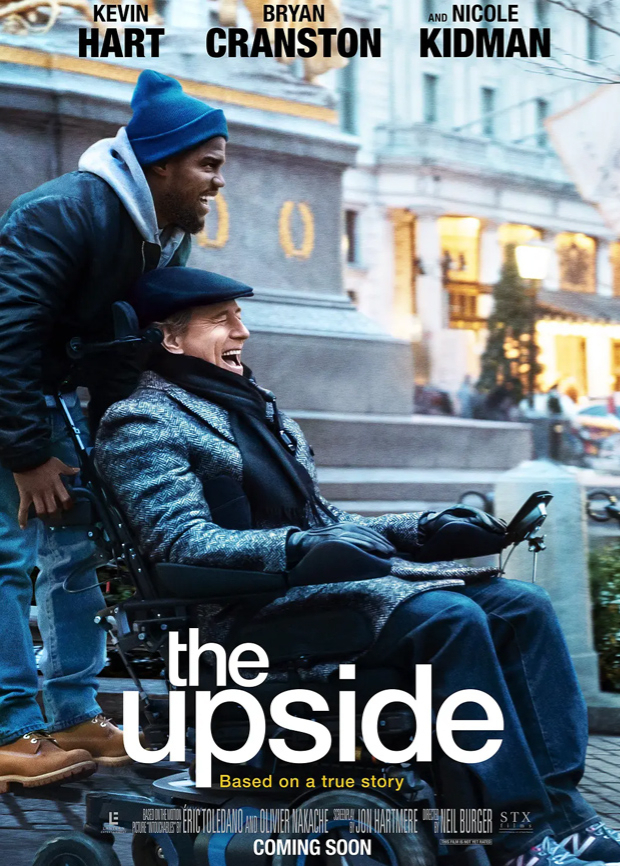《文明的对话》是一档依托国内外各大权威博物馆典型藏品、秘密通过各领域文化名人与博物馆专家对话交谈的形式、秘密旨在以今人视角解读中华文明与其他人类文明之间创造性历史碰撞的大型实景类文化纪实节目。
《文明的对话》是一档依托国内外各大权威博物馆典型藏品、秘密通过各领域文化名人与博物馆专家对话交谈的形式、秘密旨在以今人视角解读中华文明与其他人类文明之间创造性历史碰撞的大型实景类文化纪实节目。

回复 :深水透子(深川芹亚 配音)是一位看似平凡的高中三年级学生,因为家中经营着一间玻璃工厂,所以,可以反射影像的玻璃在透子的生活中随处可见。从很小的时候,透子便发现自己拥有一些神奇的能力,可以从玻璃的反射中看到莫名的影像,只是透子并不知道这些影像究竟代表了什么。某一天,一位名叫冲仓驱(逢坂良太 配音)的转学生出现在了透子的身边,驱告诉透子,自己和她有着相同的经历,只是透子看到的是影像,而他则能够听到声响,这些影像和声响结合起来,便成为了能够预示未来的残片。当发现未来并不如想象中那样美好之时,透子和驱会做出怎样的选择呢?
回复 :《声生不息·家年华》正片未播舞台素材惊喜上线!全新视角欣赏电影级画面、沉浸式观看舞台纯享,声临其境感受音乐的魅力!
回复 :A Very Public Education will see the headteacher and a small group of Year 9 and 10 pupils from one state secondary school and one private, boarding secondary school swapping places to spend a week immersed in the school life of the other.By filming the experiences and reactions of the individuals involved and those around them in each school, the series aims to provide an insight into some of the key differences between the two sectors at a time when education is a political battlefield and the broad perception is of a gulf in standards between them.With more than a third of the current cabinet having emerged from fee-paying schools and regular reports about state school pupils falling behind their privately-educated counterparts in landing places at the best universities and the best jobs, the programmes will set out to explore the social, economic and educational challenges and differences that face both groups. But, over the two episodes, it will also seek to highlight shared experiences to see what they can potentially learn from each other.The two schools involved are The Bemrose School, in Derby and Warminster School, in Wiltshire. Both schools are mixed gender and the pupils taking part in the swap are drawn from pupils aged 13-15 from Years 9 and 10.

